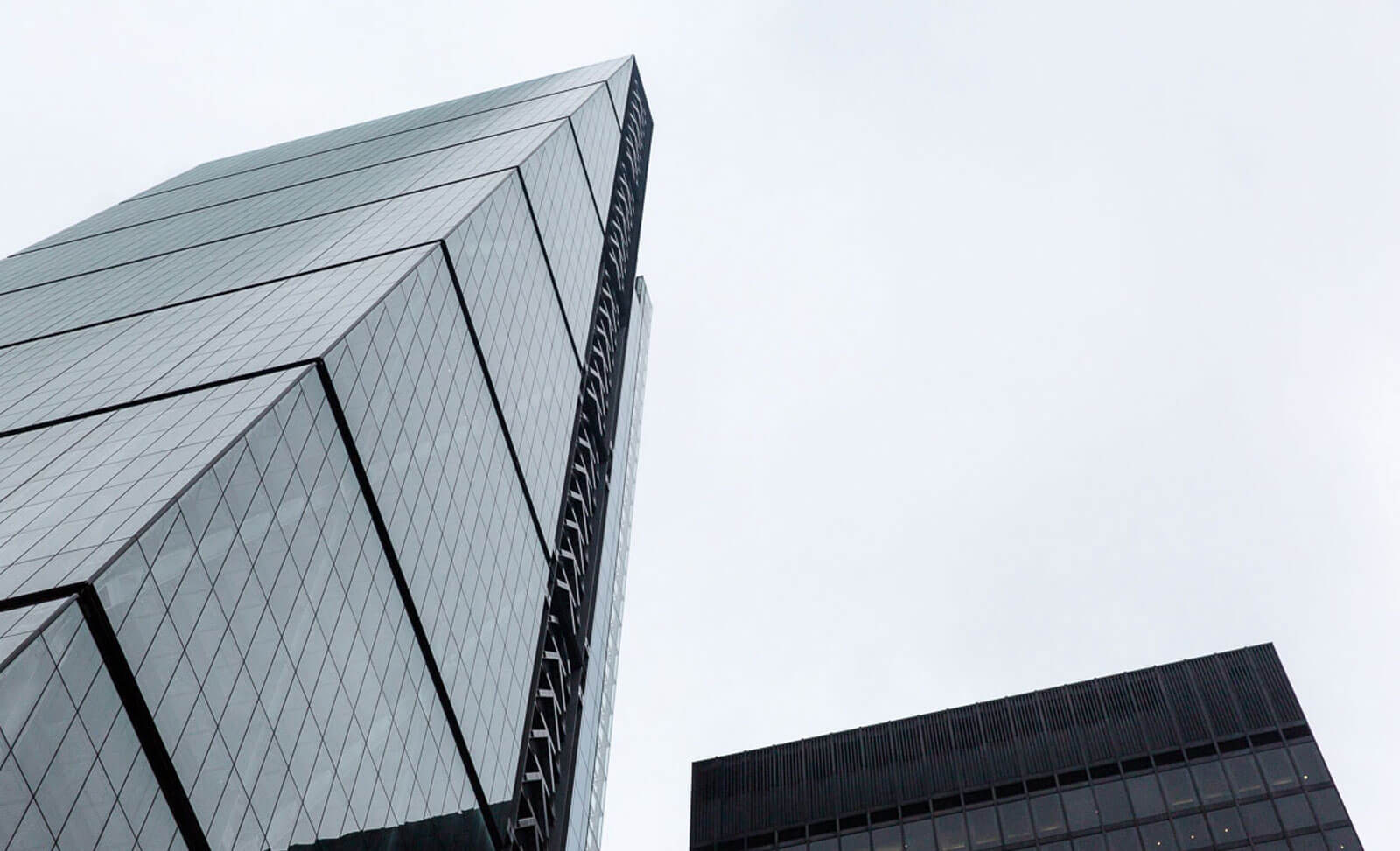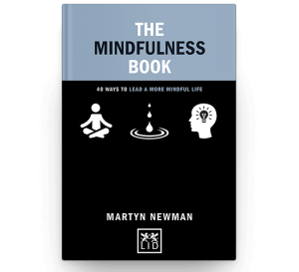
Feb 03 2019 | Tags: Mindfulness
6 Easy Tips for Mindfulness at Work
How Mindfulness can help you at work
For most of us, stress and frustration are just a run of the mill part of our work routines. Once we’ve accepted our fate as people under daily pressure, it can be hard to believe that it’s not actually a necessary part of working to our best in any role. In fact, it could just be the last thing holding you back from unlocking your true potential. The regular, taxing elements of our day are not all beyond our control, and the way we deal with them is absolutely in our hands.
Practicing mindfulness might sound like a big, intimidating change to make, and one that is beyond our understanding. But it’s far simpler than you might believe. With just a few small, conscious changes to each day, we can achieve a better mood, increased job satisfaction and improved productivity, as well as better working relationships. We aren’t suggesting things that are impractical either – changing just a few minutes of your regular daily routine (and some bad habits you don’t even know you have) can make the world of difference. Jump into our six tips to get you started on the path to better, more mindful working weeks:
1. Start the working day as you mean to go on
Studies show the arrival of stress hormones in our day starts earlier than you may think – from the very moment we wake up. Starting the day by remembering to be present, positive and calm can set us up for a far more mindful time at work and throughout the rest of the day.
It’s possible to practice mindfulness before you’ve even left your bed! Whilst lying down, just after the alarm goes off, take 2 minutes to be attentive to your breathing, letting intrusive thoughts of the day drift from your mind, and centering your feelings of relaxation. In doing so, your focus will be improved before the commute even begins, setting all of us up for a far more ‘best foot forward’ approach to even the toughest of days ahead.
2. Unclutter your workspace – physically and mentally
It’s no secret that clearing the space around you helps to de-stress your working day. But decluttering your workspace doesn’t just mean your desk. Take the time to declutter your workflows, the processes you use regularly and even your attitudes to problem solving.
The result? No more clutter physically and even less mental clutter. Without these small daily distractions, your productivity increases, your daily frustrations are put to bed and you’ll feel even more positive as you begin and end each day’s work.
3. Let go of the phone
We’re all guilty of being mobile phone addicts these days, never far from answering a call, sending a text or browsing social media between tasks. Even while walking from meeting to meeting many of us are guilty of milking every spare moment to check emails and list tasks ‘To Do’. This constant screen time means there’s never a minute taken for ourselves, so it’s time to schedule breaks from every device. Harvard Business Review suggests that eliminating our email addictions can have far reaching positive effects.
Once a week, take a lunch hour where you leave your phone in your pocket or bag. You might be reading this and feeling anxious about the “what ifs” – what about the email you might receive, or an update on Twitter you don’t want to miss? It’s this anxiety you need to take a break from to clear your mind and come back to work refreshed, efficient and ready to give clear and focused attention to the right tasks.
4. Take 5 in the quiet
The number one thing we all forget to do in a busy day? Breathe! It sounds so simple, but the difference it makes can be transformative. Just as you started the day with a moment of calm, focused breathing exercise, so you should introduce regular breaks throughout the day.
Especially as we tire after lunch and into the afternoon, recollecting our minds helps to improve focus and get things done on time and to the same level we start the day with. Take your hands away from the keyboard, straighten your back and take just a few minutes to notice your breath. Focusing on it, take slow and considered breaths that fill the lungs and refresh the mind, letting all thoughts of work and life come and go for just these moments. Even done at your desk, you’ll find this break from a racing mind can reinvigorate you.
5. Nourish yourself! Good food and good habits
It sounds simplistic, but it’s true. We are what we eat. This isn’t just literal – it means what we read, listen to and take in from all angles. Spending your lunch without healthy foods? Introduce some freshness to stimulate your brain to do its best work, not just fall tired from fullness.
Spending that same lunch break reading or listening to media that is far from relaxing or stimulating? Consider a book, an article that’s positively focused, or even some music that you associate with relaxation and positive stimulation. This goes back to feelings of a cluttered mind – when we carry stressed out thoughts about XYZ from our free time into our work time, the whole day suffers as a result.
6. Tend to a plant – yes really
This final tip is one many assume is little more than a novelty, but is backed by true scientific research. It’s suggested that tending to nature can lower blood pressure, increase productivity and raise job satisfaction.
This doesn’t mean committing to an allotment or your own back garden is a must to see results. A simple desk plant, the time taken to tend to it each day, and the responsibility of focused care can pass on all these same results. If you’re in a working space that doesn’t seem like a good home for a new plant, take time to put yourself in nature’s surroundings with a regular walk in the park over lunch, or by taking the scenic route to work when possible.
When it comes to our daily mood maintenance, mindfulness exercises can reap endless rewards on both a personal and professional level. With so much to gain and nothing to lose, what’s stopping you? Try our tips starting today and see how you can boost your daily job satisfaction, not to mention relationships with others working around you.
If you’re interested in learning more about how you and your team can benefit from mindfulness, emotional intelligence exercises and more, take a look at our latest mindfulness book.









